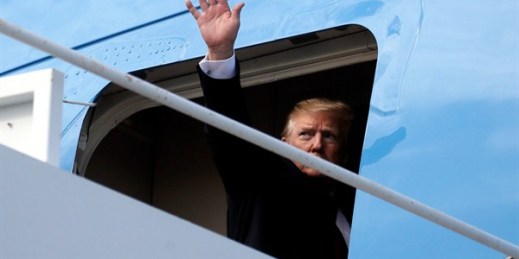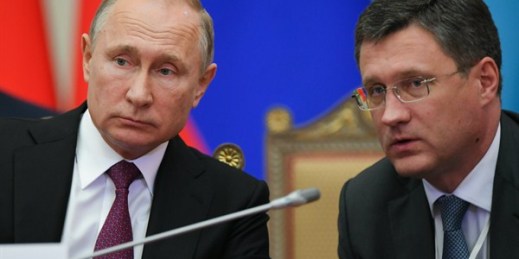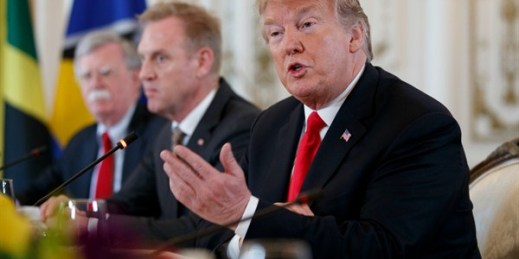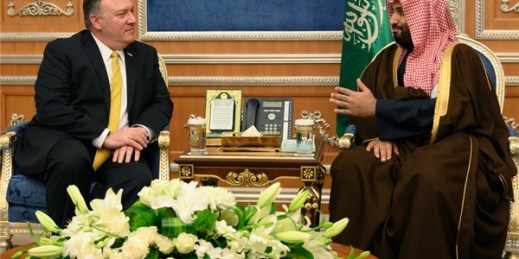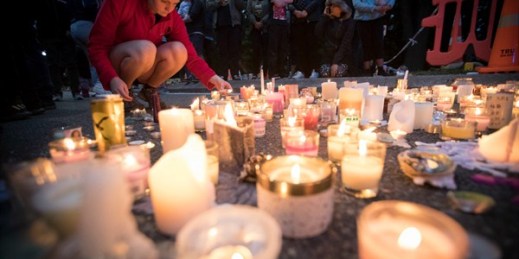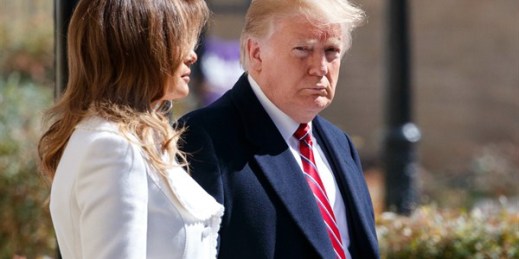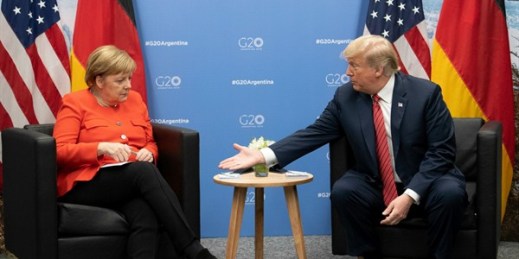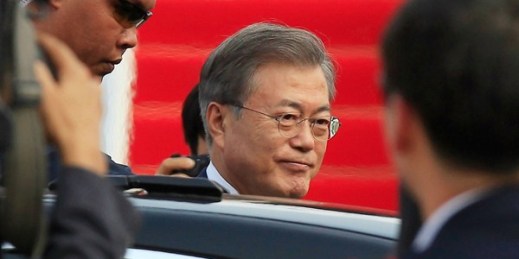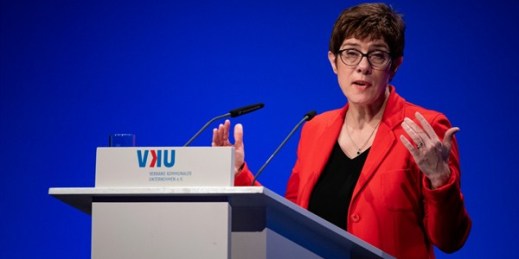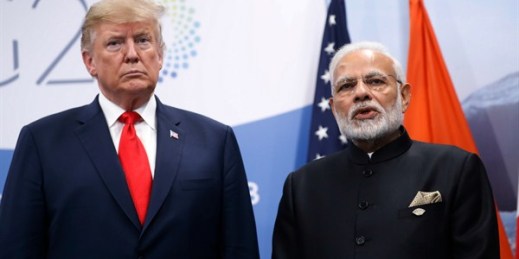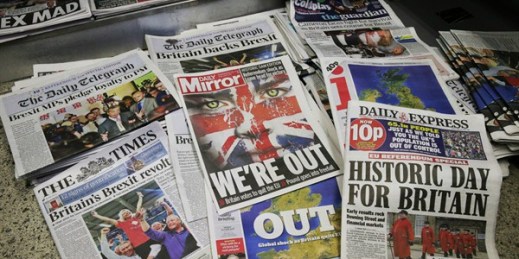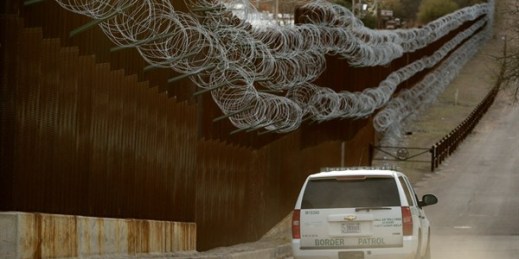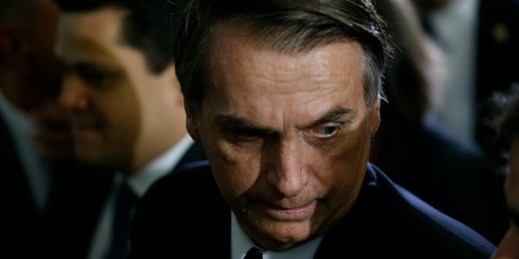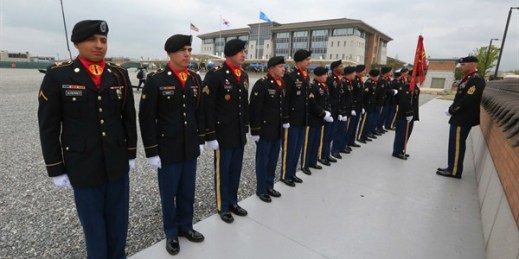
Traditionally, the U.S. military considered strategy something its officers should learn only when they had reached what the military considered to be an appropriate stage of their careers. While a tiny handful of officers taught themselves strategy earlier than that through rigorous personal reading, most were introduced to it only as they advanced in rank. Recently, though, the idea that officers should only learn strategy once the services decide they are ready for it has been challenged—not so much because the military itself has changed its position, but because a group of young officers have begun mastering strategy outside the […]


